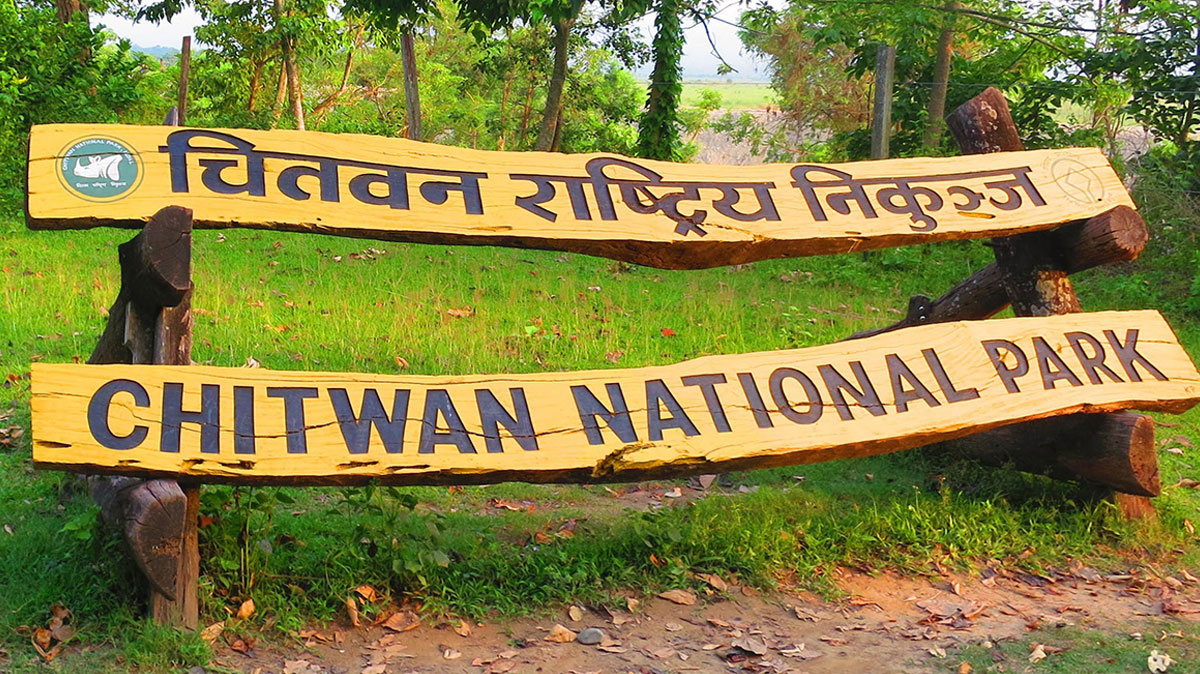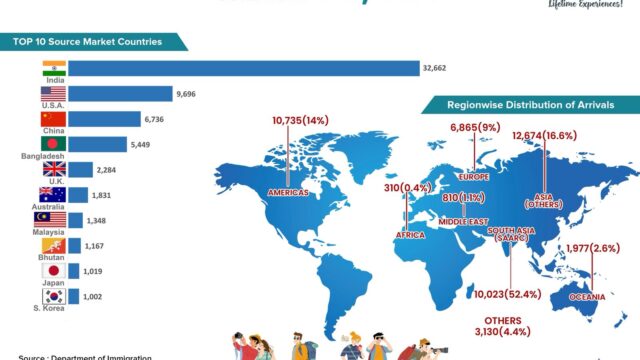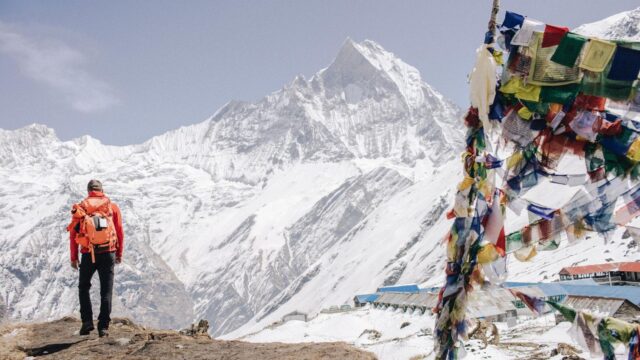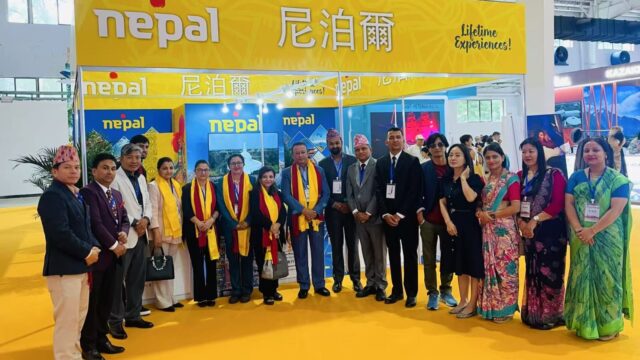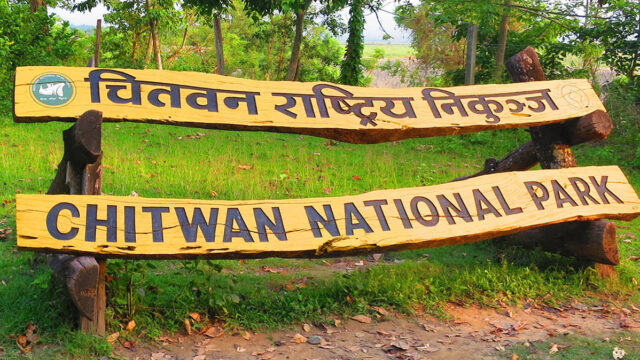In a significant push to boost tourism and regional identity, seven local municipalities in Chitwan, under the coordination of the District Coordination Committee (DCC), have formally urged the Bagmati Province Government to declare Chitwan as Nepal’s Tourism Capital. With its rich biodiversity, cultural heritage, and increasing tourism infrastructure, stakeholders believe Chitwan has all the qualifications to hold this prestigious title.
Chitwan as the Tourism Capital of Nepal
Narayan Prasad Adhikari, the Chief of the District Coordination Committee of Chitwan, stated that a joint meeting was held with the participation of representatives from all seven local municipalities, tourism entrepreneurs, tourism experts, and stakeholders to formally present the proposal. According to him, the committee has already initiated the official procedure and submitted the proposal to the Chief Minister of Bagmati Province, seeking the formal announcement. “Today, we are officially submitting our request to the Chief Minister of Bagmati Province,” Adhikari stated.
The demand is backed by both elected leaders and tourism experts who see immense potential in it’s tourism offerings. Renu Dahal, Mayor of Bharatpur Metropolitan City, emphasized that Chitwan is one of the world’s top safari destinations, making it a strong candidate to be declared Nepal’s tourism capital. She also noted that Bharatpur had celebrated 2024 as a Tourism Year, demonstrating the city’s long-term commitment to tourism growth and promotion.
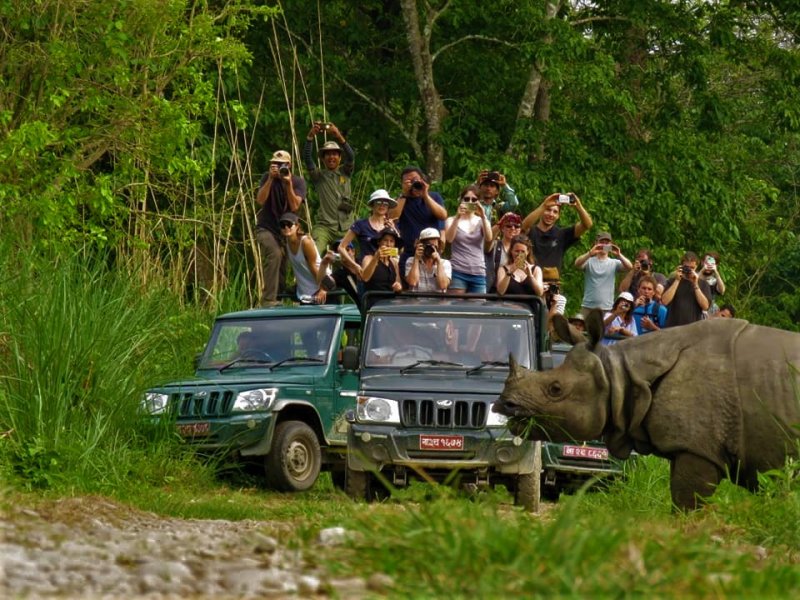
Similarly, Pralad Sapkota, Mayor of Ratnanagar Municipality, highlighted Chitwan’s significance in national tourism. According to him, no other district in Nepal hosts as many tourism-related activities. Chitwan National Park, a UNESCO World Heritage Site, is a major attraction for both domestic and international tourists due to its unique biodiversity and opportunities for wildlife observation, research, and ecotourism. “This park attracts scholars, nature lovers, and adventurers alike. The combination of rare wildlife and lush nature is something that sets Chitwan apart,” Sapkota added.
The district has also gained prominence for being home to several nationally recognized destinations. Among the government’s 100 priority tourist destinations, the district features landmarks such as the 20 Thousand Lakes, Patihani, and Someshwar Gadhi. Moreover, Meghauli has been listed among the top emerging destinations, further reinforcing the region’s growing tourism appeal.
Tourism expert Bishwaraj Subedi reinforced the idea that Chitwan is a deserving candidate to be declared the tourism capital due to its blend of natural beauty, cultural richness, and religious and adventure tourism destinations. “Not only does Chitwan offer easy access from major cities, but it also boasts sufficient accommodation options, active tourist information centers, and the necessary infrastructure to support growing tourist demands,” Subedi remarked.

Chitwan is also unique in that it combines multiple forms of tourism in one compact region. From jungle safaris and bird watching to rafting, cultural experiences with indigenous communities like the Tharus, and spiritual exploration at religious sites, the district caters to a wide range of tourist preferences. The presence of diverse lodges, eco-resorts, and community-based tourism initiatives makes the experience both authentic and sustainable.
Furthermore, the district’s strategic location connecting the Terai, Hills, and Kathmandu Valley adds to its accessibility. The expansion of the road network and the ongoing development of Bharatpur Airport into a regional hub further bolsters Chitwan’s candidacy. This would allow for increased tourist flow and enhance economic opportunities for the locals, creating a ripple effect across multiple sectors, including agriculture, transportation, hospitality, and crafts.
Stakeholders also emphasize that the move would not only recognize Chitwan’s contributions to Nepal’s tourism sector but also drive strategic investments and attention toward developing eco-friendly tourism. It would help strengthen branding at the national and international levels, potentially attracting global tourism operators and ecotourism organizations. The proposal is expected to serve as a model for integrating sustainable tourism with local development. The DCC believes that the declaration would encourage further preservation of natural resources, local cultures, and community engagement in tourism.
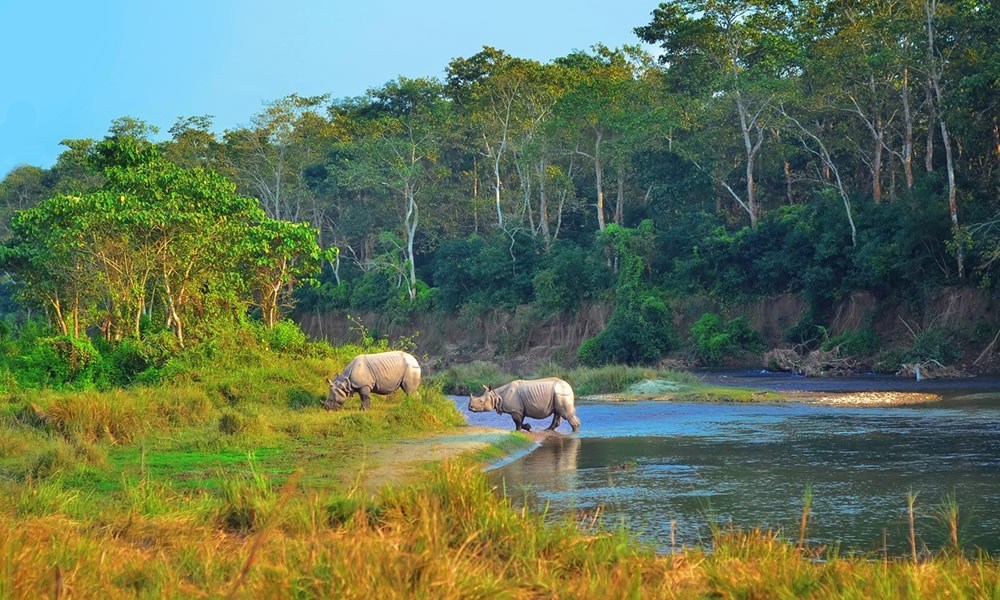
Currently, Chitwan receives hundreds of thousands of visitors annually. With Chitwan National Park being the first national park of Nepal and one of the finest in South Asia, tourism has remained a key economic pillar for the region. Other attractions such as the Elephant Breeding Center, Bishazari Tal (20 Thousand Lakes), Devghat, and recently promoted homestay destinations like Meghauli and Patihani offer diverse experiences.
In recent years, the increasing influx of domestic tourists, particularly after the pandemic, has made it even more urgent to establish Chitwan as a central tourism hub. Local leaders believe that the tourism capital designation would encourage youth employment, entrepreneurial growth, and cultural preservation.
As the formal recommendation has now been submitted to the Bagmati Province Government, the people of Chitwan and tourism stakeholders across the country are eagerly awaiting a positive response. Declaring Chitwan as Nepal’s tourism capital could set a new benchmark for regional tourism development and inspire other districts to develop and market their unique attractions more proactively. If approved, this designation could usher in a new era of sustainable tourism growth, economic opportunity, and global recognition for Chitwan, one of Nepal’s most treasured natural and cultural landscapes.
